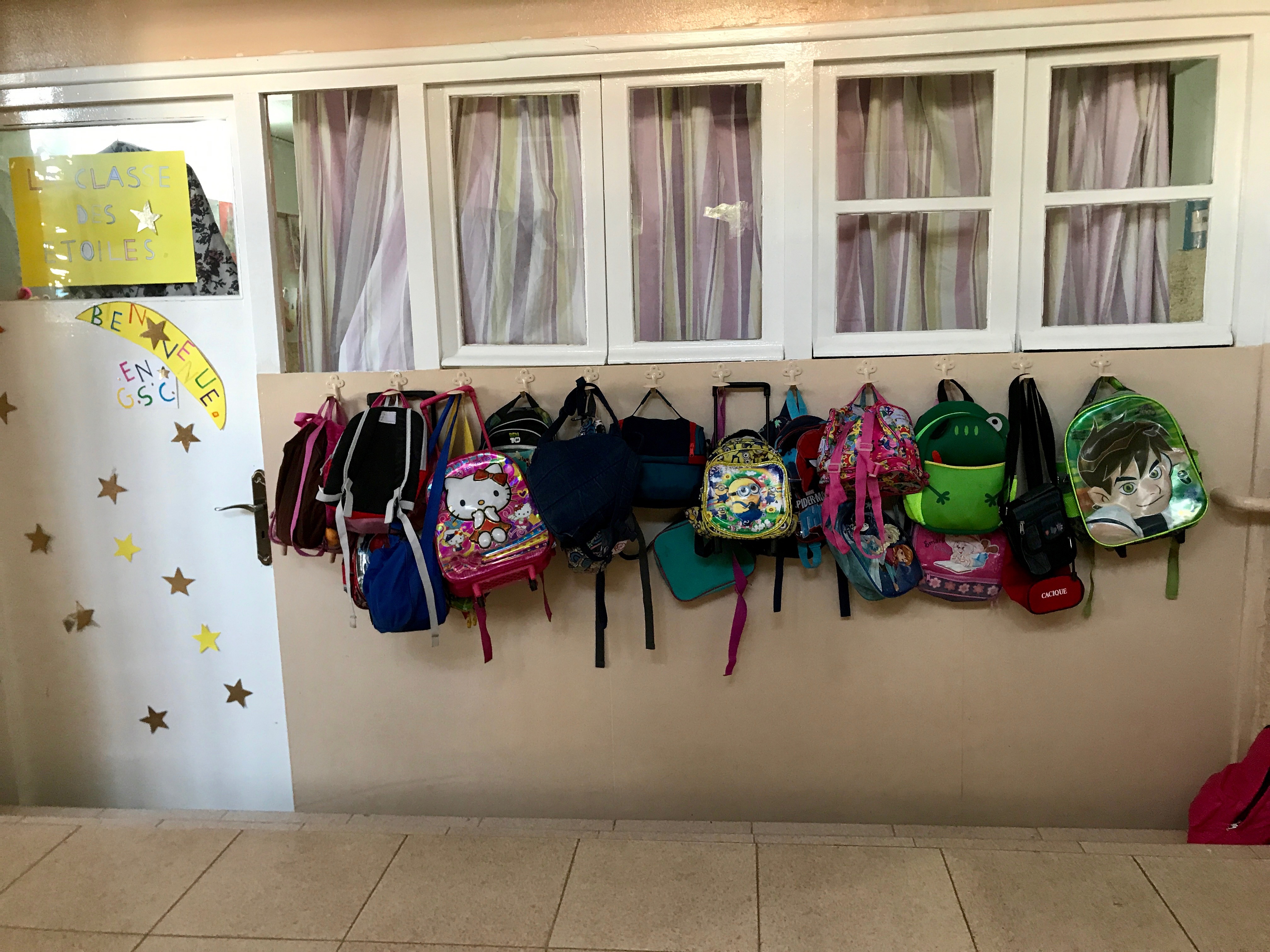
The U.S. State Department has been quietly withdrawing financial support for diplomat families of children with special needs, effectively forcing some parents to serve overseas without their children or ultimately leave the Foreign Service.
In the past year and a half, the department has stopped funding some services that children with disabilities would be entitled to in the United States, including therapy, one-on-one school aides, periodic retesting, and summer or extended school years.
Additionally, the State Department's Medical Office, which provides clearance for all diplomats and their dependents to live overseas, is suddenly — and without a formal change in policy — barring some children from going abroad, even if they had been allowed in the past. One diplomat had to leave his 13-year-old child this year at a therapeutic U.S. boarding school that costs the family more than $60,000. The child, who has emotional problems that are being treated, had been allowed to travel overseas with his family in the past.
In a sign of the growing hostility between parents and State Department managers in Washington, administrators of a Yahoo Group used by diplomat parents to trade resources and advice kicked the medical team off. Parents also have formed a State Department alliance for families of children with special needs to ask for clarification about how existing regulations are being interpreted and to push for more flexibility in what is covered by a special-needs education allowance. So far, none of their concerns has been addressed, parents and advocates said.
"There is no question that internal frustration and concern about the State Department's treatment of families who have children with disabilities is rising," said Kenneth Kero-Mentz, the State Department vice president of the American Foreign Service Association. "Employees are now having a significantly harder time being posted overseas."
A State Department spokesman, who insisted on anonymity to provide information on the matter, said the department is trying better to manage the programs for special-needs dependents and to "improve accountability." Last school year, the State Department, which authorizes an allowance to assist children with special education needs, paid benefits to more than 1,050 dependents.
The spokesman said special-needs benefits paid out fluctuate as employees transfer to and from Washington, making it difficult to say whether the number of dependents supported has increased or decreased.
The State Department declined an interview request with Charles Rosenfarb, director of the Bureau of Medical Services.
Parents and the advocacy group, the Foreign Service Families with Disabilities Alliance, said the problem is that benefits started to decrease, without any formal change in regulations and without warning. Although parents always had to negotiate their own school placements and resources for their children, they didn't have the sense that State Department managers were trying to block them from serving overseas.
As one diplomat, who requested anonymity to speak freely, told The Post, "the State Department trusts me enough to grant me a top secret security clearance, but apparently they don't trust me enough to be able to ensure my son has the resources he needs at school."
When the State Department created its new Child and Family Programs office in 2013, a number of changes started to occur for families, including directly tying special-needs benefits to a child's Individual Education Plan or an "equivalent document." That, by itself, was not necessarily a bad thing because the IEP laid out clear modifications and accommodations that were expected to be covered, according to Foreign Service parents.
But parents also started to be challenged by staff about whether they should be allowed to take their child care overseas, a huge shift for parents who had felt supported in the past. One Foreign Service political officer said he was accused of "trying to find a babysitter" for his 8-year-old son with Down syndrome just to take an assignment. Nearly all diplomats affected by the policy changes declined to be interviewed on the record for fear of reprisal.
Kathleen Silva recently spent months researching schools for her children in places where she hopes her diplomat husband might end up on his next assignment. The couple's 16-year-old twins are autistic, and unless she finds a school that will accept them, the State Department will not allow the children to travel with their parents and younger sister. The family once before had to leave the twins behind at a U.S. boarding school, and Silva doesn't want to do that again. "We are currently bidding and I can say we've had no help from State this time around," she said.
One of the most troubling changes for diplomats and their families has been an increase in the number of children with special needs granted a "Class 5" medical clearance, barring them from going overseas. Kero-Mentz said the American Foreign Service Association has asked how many new "Class 5" clearances have been issued and is still waiting for the State Department to provide the information.
When a child is given a "Class 5" medical clearance, the parent then has to make a decision whether to continue in their overseas assignment and voluntarily leave their family members behind or go to Washington. Because Foreign Service employees are limited by regulation to no more than six years of continuous domestic service, it could ultimately force families to separate or leave the Foreign Service.
"It is, simply put, not in our national security interest to prevent these experienced, trained, talented officers from serving where the American people need them most, whenever possible," Kero-Mentz said.
Rebecca Grappo, an international education consultant based in Denver, said the changes in how special-needs children are supported have made parents reluctant to be forthcoming about a child's disabilities, another reason that most parents declined to be interviewed on the record for this story. "They no longer feel safe being open about their children's struggles and challenges," she said.
During the past 25 years, the number of Department of State-assisted schools — mostly private international schools — offering programs for children with special needs has increased from about 20 to more than 130 of the 193 assisted schools overseas, according to the department. But the services they offer are often limited and inadequate for children with more severe disabilities.
Linda Ingalls, a Foreign Service specialist whose 20-year-old son, Tucker, is severely autistic, has been selective about where she asks to go, choosing to seek assignments in places where there are local special-needs schools — and has found accepting places in London, Bahrain, Abu Dhabi and twice in South Africa. The family just moved to Canada last month for their next assignment.
"We have found large international schools to be the least receptive, so much so that we quickly learned not to bother reaching out to them," said Ingalls, who has been with the State Department for 29 years, all of them spent overseas.
She said she is saddened by the deteriorating relationship between the medical office and parents of special-needs kids. "For most of Tucker's life, we had a fantastic relationship with MED, felt supported and valued, and it was wonderful."










